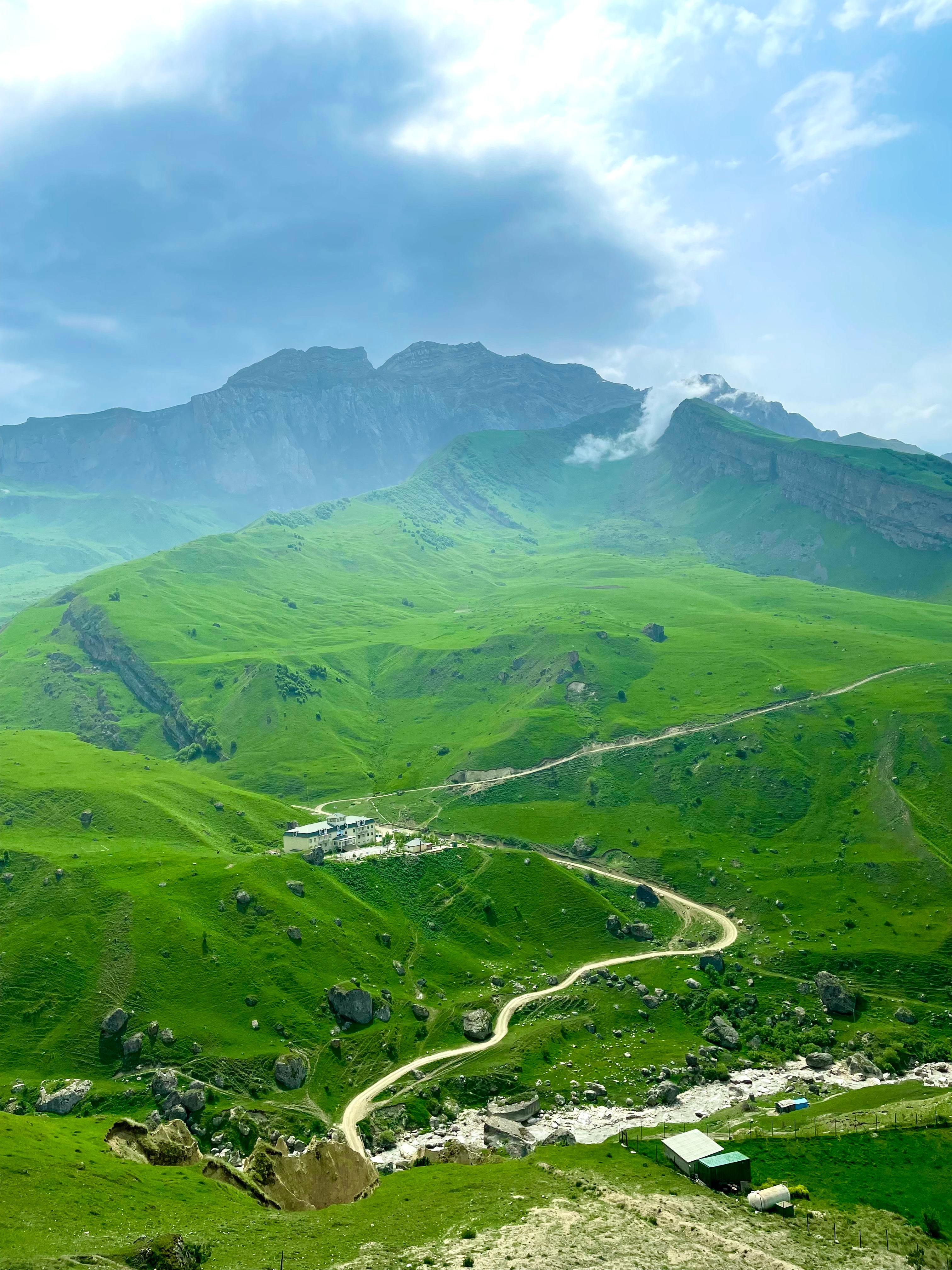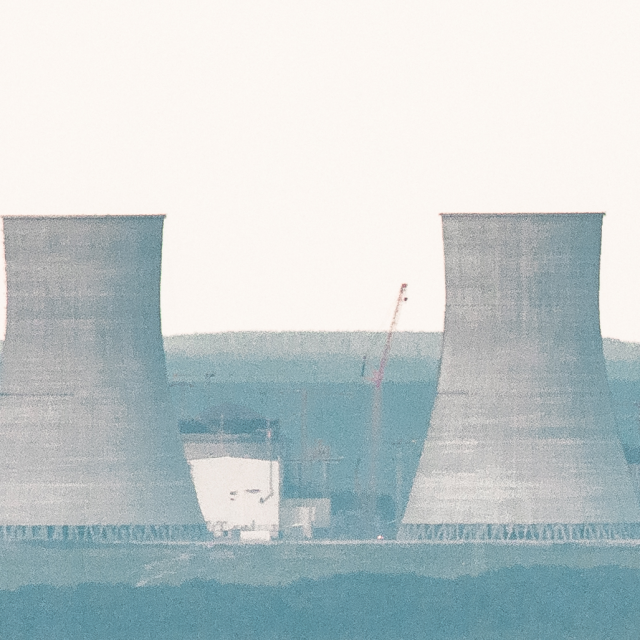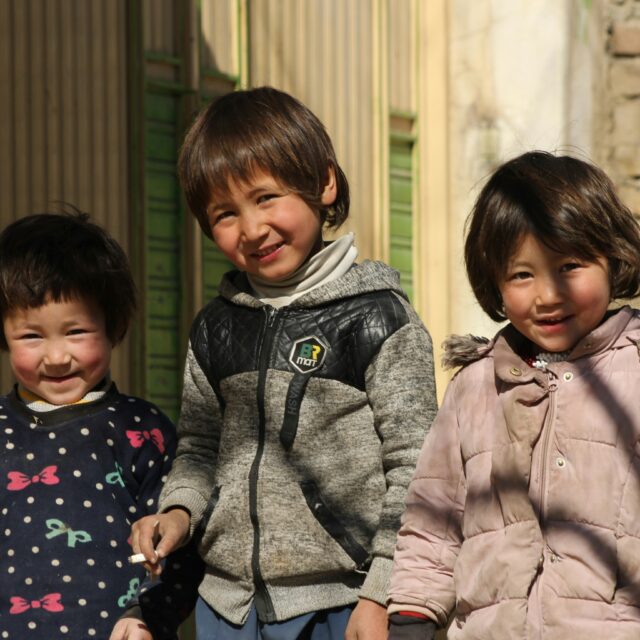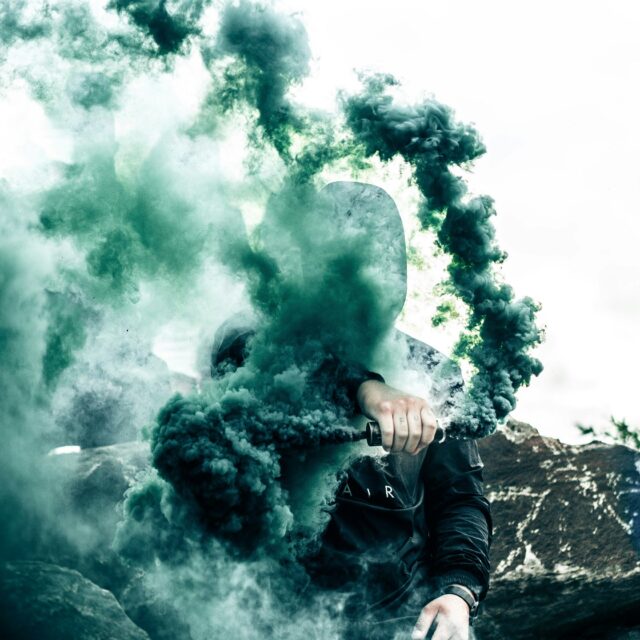Photo by Orkhan Farmanli on Unsplash
On August 7th, the ex-prosecutor of the International Criminal Court Luis Moreno Ocampo published a “report” with the bombastic headline: “Armenian Genocide in 2023”. His “expert Opinion” was cooked in just nine days, without even visiting the place where this “genocide” is allegedly taking place.
The document, his “Opinion”, due to the clickbait headline and a PR campaign, has
attracted the attention of the media, including The Washington Post, CNN, Forbes, and many others.
Strangely enough, those who wrote about the report failed to shed light on its creator. Ocampo resigned from his position as Prosecutor of the ICC in 2012, and since then the world media have mentioned his name only in the context of corruption scandals and covering up the interests of criminals.
Also, they did not mention that the report was produced at the request of an individual to whom Ocampo refers as the “President of Artsakh”- Araik Arytunian. There is no such country in the world. This is a self-proclaimed separatist enclave in Karabakh on the territory of Azerbaijan, which is not recognised by any state — only by similar self-proclaimed Russian proxy “republics” on the territory of Ukraine, Moldova and Georgia. Unsurprisingly, the Russian military is in charge of this enclave.
Ocampo’s Opinion was commented on not only by the media, but also by several distinguished acting lawyers and human rights activists. One of them is Rodney Dixon, whose expertise lies in cases concerning foreign relations, inter-State disputes, the armed forces, international prosecutions and defence, public inquiries, civil claims with international components, mediation and arbitration, cross-border proceedings, asset recovery, extradition, and so on. His work covers all international criminal courts. Dixon decided to analyse and comment on Ocampo’s Opinion.
Dixon’s opinion is highly important for two reasons. Firstly – he specialises in accusations of alleged genocide. Secondly he states that the only case that Ocampo has finished in his nine years as a prosecutor, against Thomas Lubanga, the head of a paramilitary group in the Congo, has nothing to do with genocide.
Dixon’s legal assessment of Moreno Ocampo’s Opinion includes five key observations that demonstrate the lack of credibility and the unsubstantiated nature of the allegations contained therein. The expert presents various arguments why the document should not be considered worthy of serious consideration, but the most important one is that, from the point of view of international law, genocide is out of the question in this case.
Dixon refers to the explanation provided by the International Court of Justice in Croatia v Serbia, which stipulates that “genocide contains two constituent elements: the physical element, namely the act perpetrated or actus reus, and the mental element, or mens rea.”
The expert goes on to demonstrate that Ocampo’s Opinion completely misrepresents ICJ proceedings concerning the conflict in Nagorno-Karabakh and “…there is no evidence to substantiate a defining element of genocide […] – the specific intent to physically destroy the group in whole or in part.”
Another important point highlighted by Dixon is that Ocampo’s assessment is “patently selective in the facts to which it refers.” Ocampo speaks of a fictitious “genocide” due to the blocking of the main route for humanitarian supplies to Karabakh – the Lachin Road. However, the former prosecutor deliberately fails to mention the existence of another humanitarian supply road, the Aghdam-Khankendi, which runs through Azerbaijani territory.
Ocampo’s bias and the incompetence of his assessment are easily explained by the circumstances that accompanied the emergence of this document. On July 29th “the President” Araik Arutyunyan asked Ocampo to comment on the situation in Karabakh – this is a fact. In just nine days the ex-Prosecutor submitted the assignment. It is noteworthy that the Chief Prosecutor of the ICC, who had barely closed one case in nine years, was able to figure out the situation in Karabakh in just nine days.
Dixon harshly criticised the “incomplete and inaccurate” Opinion by Ocampo and demanded that “its stridency cannot be permitted to drive an unjustified wedge between the peace-seeking governments of Armenia and Azerbaijan.” Nevertheless, Armenia did not heed the words of a leading expert in international law and on August 11th asked the UN Security Council to convene an emergency meeting on the subject. The unsubstantiated Moreno Ocampo opinion, which lacks any credibility, is their only pretext. Obviously, neither Arutyunyan nor Pashinyan will benefit from the escalation in the South Caucasus. In fact, the only beneficiary of the commissioned report and the subsequent farcical “emergency meeting” of the UN Security Council is Russia. The world media have been warning about this since the beginning of the year.
“Russia’s regime is manipulating the Armenian minority in Azerbaijan’s Karabakh to stir ethnic conflicts in the South Caucasus and to replace the Armenian government with a Moscow proxy. The scenario is reminiscent of other disputes that the Kremlin has manufactured, whether in Georgia, Moldova, or Ukraine, to maintain its sphere of imperial influence”. (The Washington Times)
“Russia’s “peace-keeping” troops in the Nagorno-Karabakh region of Azerbaijan are pursuing Moscow’s plan to transform the area into another Crimea” (The Hill)
“Putin is using Armenian separatist puppets in Karabakh, as he did with Ossetians and Abkhazians in Georgia and supporters of the “Russian Peace” in Crimea and Donbas”. (The largest Ukrainian news site Censor)
“This allows Moscow to maintain a military presence in the South Caucasus, as in the breakaway region of South Ossetia or in the Russian-controlled eastern regions of Moldova” (The Newsweek).
Apparently, Russia is seeking to stage yet another kangaroo court in the UN using the Moreno Ocampo Opinion in order to pursue its own interests in the South Caucasus. That is the sole purpose of the flawed document. “Instead,” writes Dixon, “its publication should spur all parties and the international community to redouble their efforts to promote a lasting peace in accordance with international law.”




